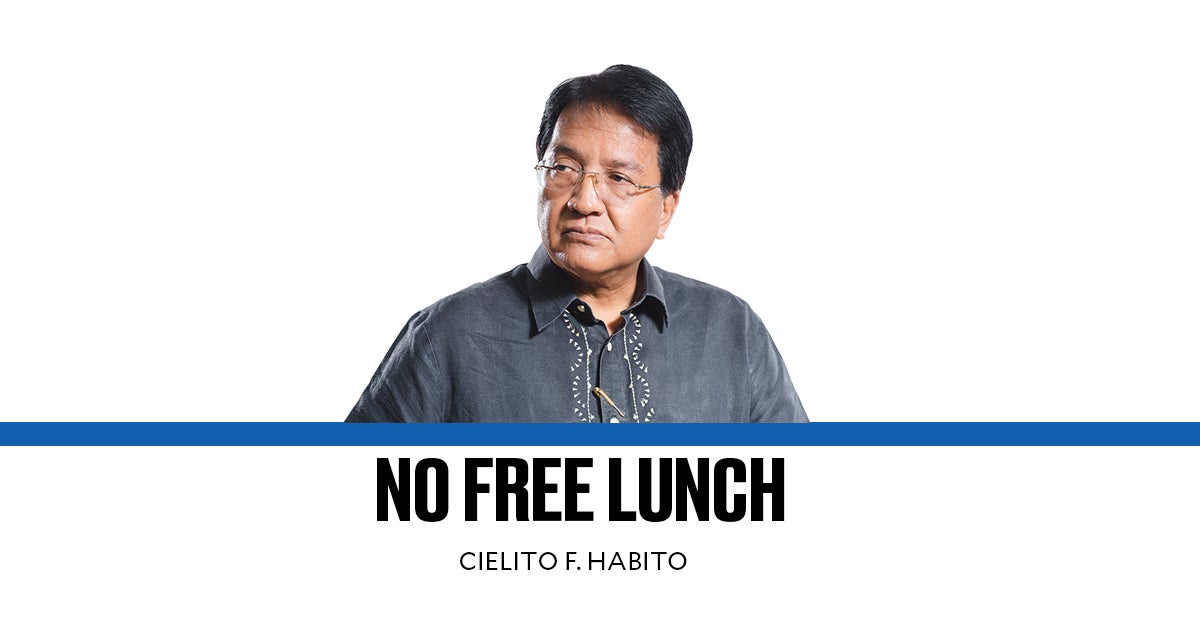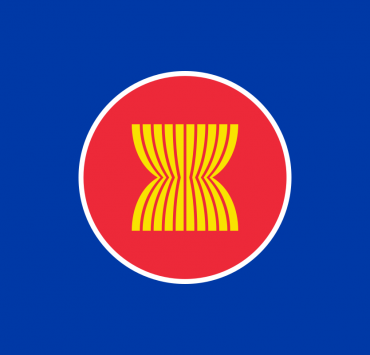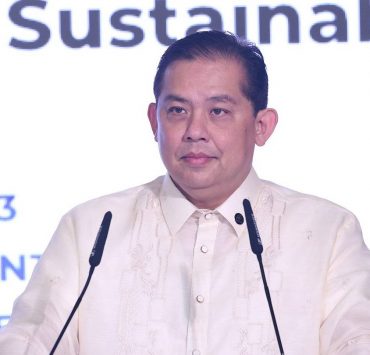Economic ‘super secretary’

The creation of the position of Special Assistant to the President for Investment and Economic Affairs (Sapiea) last month met with mixed reactions, from skepticism and even opposition on one hand, to satisfaction and even elation on the other. What is clear is that the President wanted stronger economic management in the country, even with an improving picture on the key economic indicators of prices, jobs, and incomes lately.
Last year started with inflation at a 15-year record high of 8.7 percent, but this steadily slowed down, with a momentary bump in the third quarter, to end the year at 3.9 percent. Our latest unemployment rate of 3.6 percent in November is well below pre-pandemic levels, with job quality also showing general improvement. Growth in GDP, which measures overall incomes and output, was on an upturn as of the third quarter, with our 5.9 percent growth outpacing all our Asean peers. So if prices are indeed more stable, jobs are improving in both quantity and quality, and our overall incomes are the fastest growing in our region, what is it that needs fixing with a new economic manager who will coordinate our existing ones? Do we really need yet another layer in an already bloated and top-heavy bureaucracy (which I wrote about last week)?
Well, yes and no. Like a true two-handed economist (i.e., who argues for one hand and the other hand as well), I can cite why we do and why we don’t need a “super secretary” overseeing the Department of Finance (DOF), Department of Budget and Management (DBM), Department of Trade and Industry (DTI), and the National Economic and Development Authority (Neda). On one hand, it’s worth noting that the Sapiea role is not unique and need not be seen as an anomaly. Our close neighbor Indonesia has had “coordinating ministers” since the 1960s, with a coordinating minister for economic affairs now overseeing eight ministries: finance, industry, trade, agriculture, state-owned enterprises, manpower, cooperatives and small and medium enterprises, and land and spatial planning. They also have coordinating ministers for political, legal, and security affairs; maritime and investments affairs; and human development and cultural affairs. Each coordinating minister oversees several ministries, of which there are a total of 35 (vs. 23 departments in the Philippine government). Having eight ministries more than we do, Indonesia’s government looks a bit more unwieldy, and such super ministers may indeed help their president achieve better coordination in key areas of governance.
In our case, however (and this is the other hand), mechanisms for Cabinet coordination have long existed via standing committees of the Neda Board, which is the other persona of the Cabinet, with the addition of the Bangko Sentral ng Pilipinas. The Development Budget Coordination Committee ensures coherence in macroeconomic policy; the infrastructure committee does it for infrastructure development; the social development committee for human development; the investment coordination committee for public investments; the committee on tariff and related matters for trade; the regional development committee for regional development, and the national land use committee for land use. President Cory Aquino also created Cabinet clusters, each having a designated lead secretary, for purposes of better Cabinet coordination. Used and managed well, the Neda Board committees and the Cabinet cluster system ought to be able to ensure good coordination, especially in economic management.
Positive key economic indicators notwithstanding, the fact that President Marcos created the position of Sapiea suggests that he remained dissatisfied with the coordination of economic management in his Cabinet. The name of the position itself gives the clue on why. Key to invigorating the economy sustainably is investment, especially by the private sector, which by the third quarter had fizzled to a mere 2.8 percent annual growth in construction and 1.7 percent in durable equipment. Erstwhile presidential adviser on investment and economic affairs Frederick D. Go, obviously trusted by the President to bring vigor to this weak spot, has thus been upgraded into the super secretary that the Sapiea is.
Will he be a spoiler to newly minted Finance Secretary Ralph Recto, who would have been primus inter pares among the economic managers? Having a businessman oversee DOF along with the others may be welcomed by those who feared having a politician lead the critical finance portfolio, no matter how technically competent (which I personally know Secretary Recto to be). My own guess is that Sapiea Go will enable Secretaries Recto of DOF, Pangandaman of DBM, Pascual of DTI, and Balisacan of Neda drive the “EA” part of his title, while he trains his sights more on the “I” part—but ensuring that none of the four gets in his way for that.
—————cielito.habito@gmail.com


















